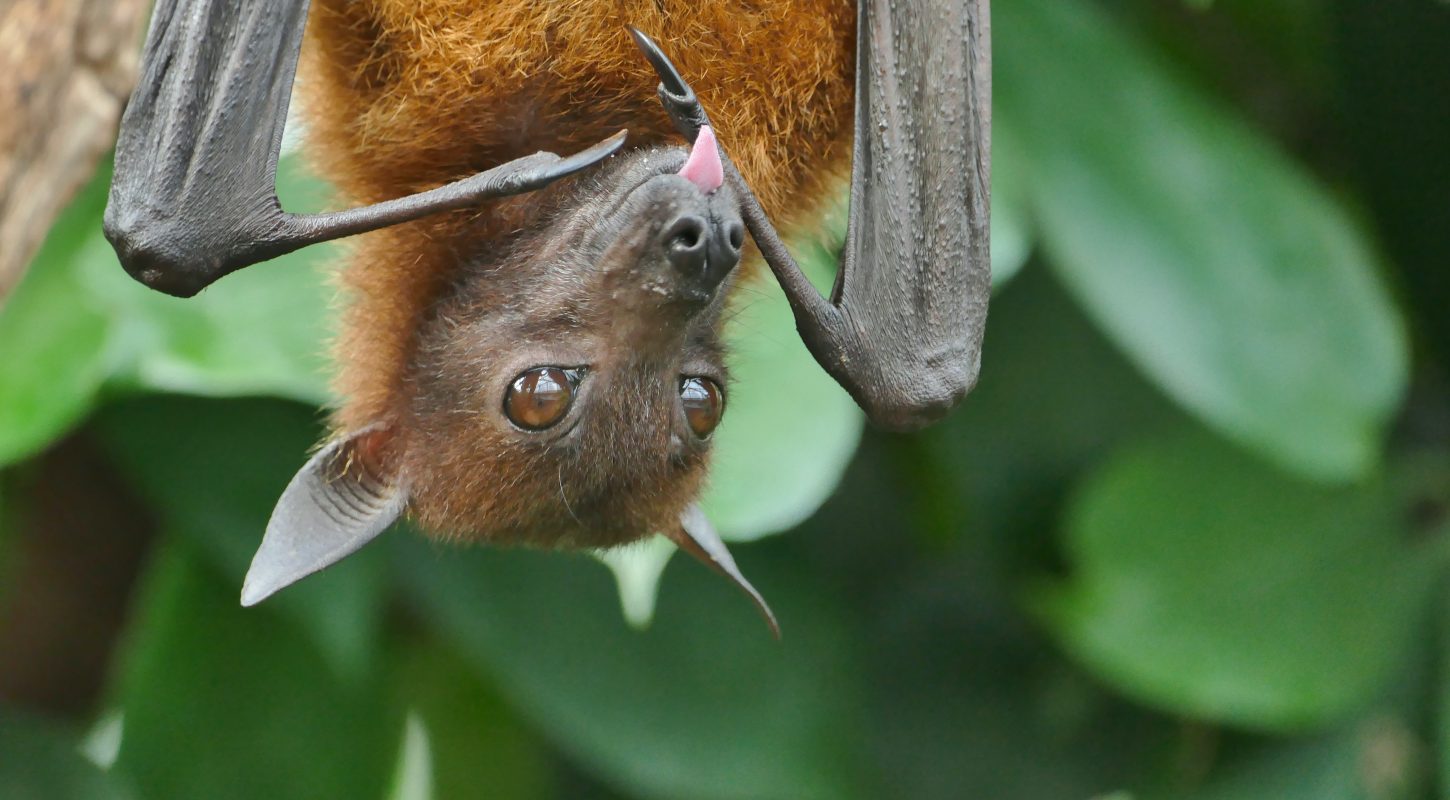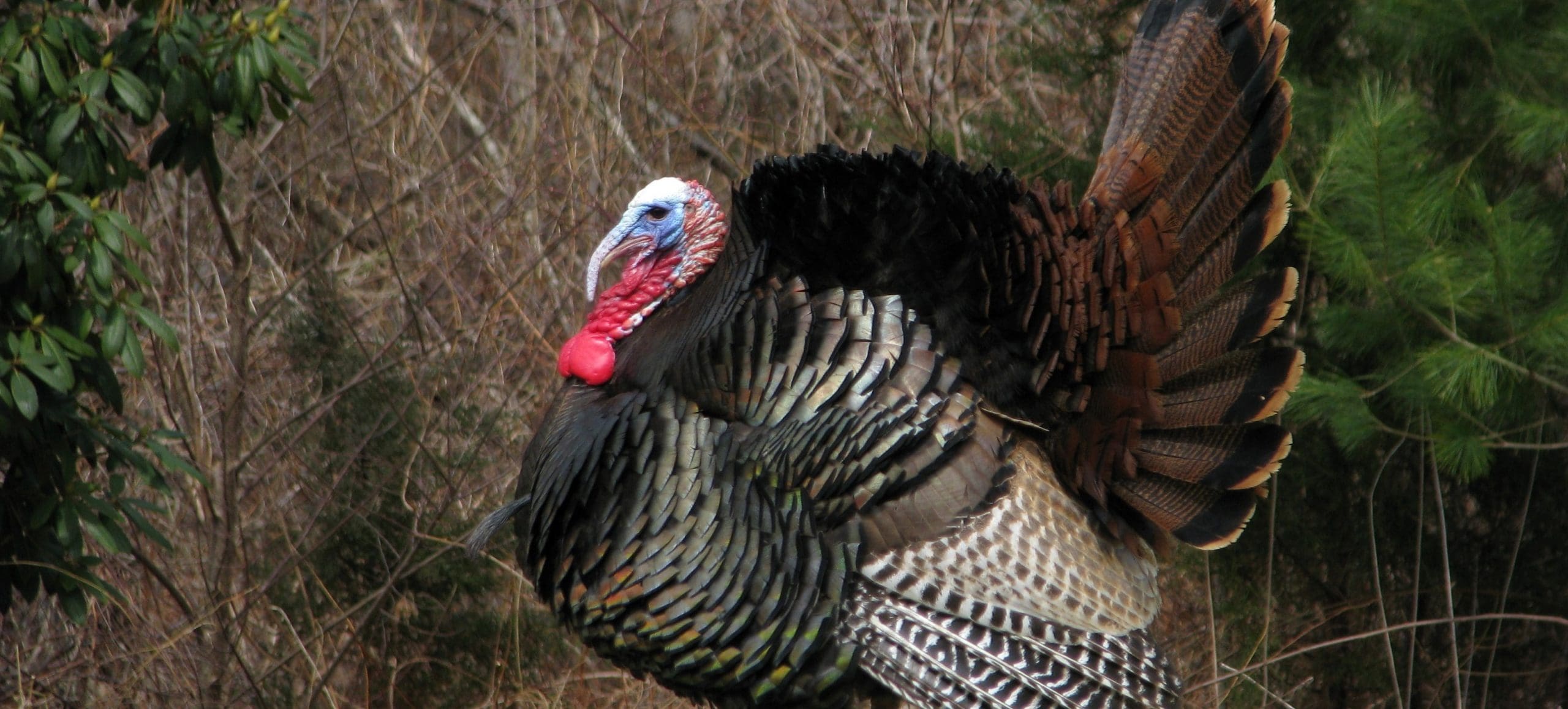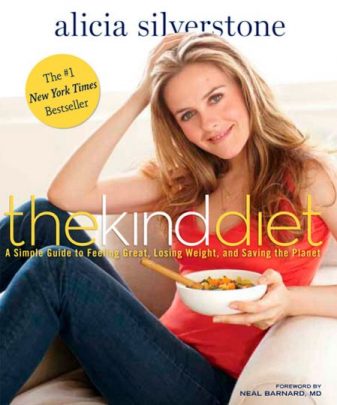It is presumed that on one tragic day in a Wet Market (live markets where people can go to buy exotic live animals and have them slaughtered on the spot), this zoonotic (animal derived), novel illness hopped from one tortured animal, likely a live bat, possibly to a pangolin and then on to humans. Thusly, the world suffered.
The virus shuffled its genes in a way that made it novel, but similar in many respects to SARs and MERS, also 2 deadly cornoaviruses. There are examples of this type of zoonotic shift throughout history, including the Spanish Flu, Ebola, HIV, H1N1/Swine Flu, H7N9/Avian Flu, SARS, and now COVID-19. The Center for Disease Control and Prevention (CDC) has warned that three out of four new or emerging diseases in people come from animals, a fact that the infectious disease experts have tracked for decades. We now know that there are as many as 1.67 million potential viruses that reside within animals around the world.
In the case of COVID-19, public health experts believe it originated in a wet market in Wuhan, China a place where there are densely packed crates of wild animals – both dead and alive – that are sold for their meat or other uses. History has demonstrated that wildlife trade and even industrial animal farming can contribute to new zoonotic diseases. All of these scenarios force different animal species to live in unnaturally close proximity to one another in filthy conditions. It is the perfect storm for viruses that once just lived harmlessly in their animal hosts to now mutate, and to eventually make the jump from animals to people. In addition to sharing viruses with us they can also give us bacteria outbreaks such as E.coli and Salmonella It’s no wonder that 80 percent of the U.S.’s supply of antibiotics go to animals on factory farms as a band-aid to mitigate these unsanitary conditions. Radical cruelty is paying us back via mother nature.
This type of zoonotic infection is happening over and over again in our own backyards. And as we have seen more clearly than ever with COVID-19, the pandemic that results from it knows no borders. Zoonotic diseases are not just coming from faraway places like Asia or the Amazon. Swine Flu in 2009 was made right here in the USA, a result of industrial pig farming. Bird flu, the source of most of our flu viruses, can easily be spread on chicken farms. 50 billion chickens are slaughtered annually, kept in such horrifically inhumane conditions that most humans can barely bare the sight and smell. They live in their poop and urine, so stressed that their immune system collapses and infection follows.
You might be thinking you don’t engage with these filthy systems, but it’s more than likely this is where your animal products come from as 99 percent of meat in the U.S. derives from these industrial factory farms. Factory farming ignites diseases and serves as contamination hot spot among workers. During this pandemic, we have seen some of the highest numbers of COVID-19 infections in the animal agriculture industry. Close work quarters resulted in high rates of infection among thousands of slaughterhouse and meat processing workers. Sen. Cory Booker (D-NJ) has been extremely vocal about factory farming, even unveiling legislation that would end factory farming in the US.
When you choose plants, you stop supporting encroachment into biodiversity habitats, the wet market abuse of exotic animals and the process of unnatural and cruel crowding of animals in confined spaces. When you choose a plant based diet you stop supporting practices that lead to outbreaks of animal-originated diseases.
So many of you have made choices in the name of the collective good during this pandemic, whether it’s working on the front line in our hospitals, donating your time or resources, or quarantining to flatten the curve and prevent infection from spreading too fast and to those who are most vulnerable. If we truly care about our collective wellbeing, then we need to embrace a plant-based diet.
How can you help?
- Choose a plant based diet
- Support organizations who fight to end factory farming like Farm Sanctuary, HSUS, Mercy For Animals, and The Humane League
- Be the change you want to see in the world
For more information on eating a plant based diet, and being your healthiest self check out my book The Kind Diet.
Xo
Alicia
Photo by Peter Neumann on Unsplash




